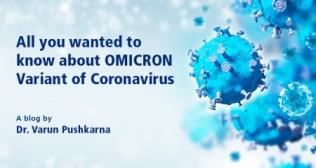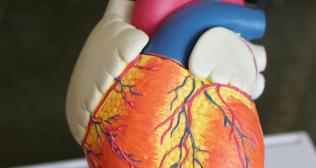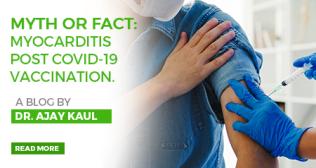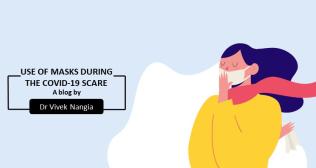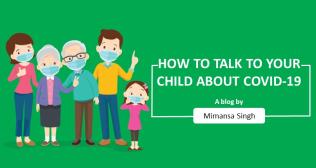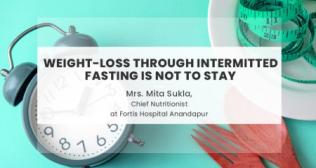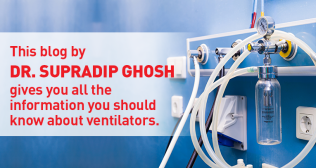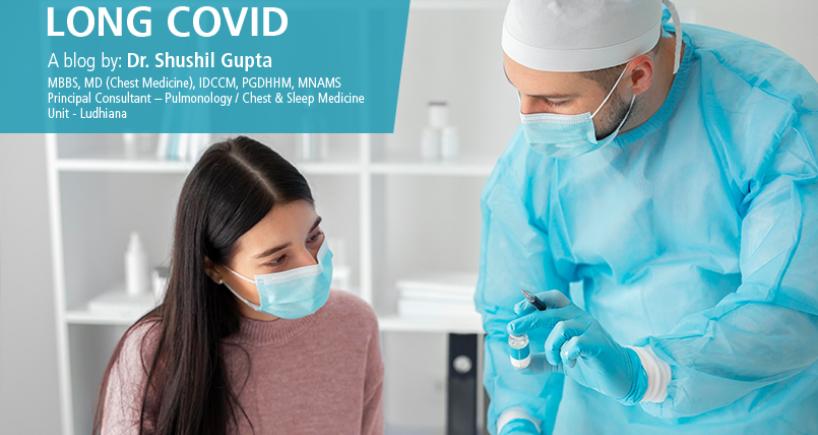
Long Covid
COVID-19 pandemic has brought focus on various health related issues. For some people COVID19 causes, symptoms that can last for weeks to month after the infection. This virus can damage the lungs, heart and brain which increases the result of long-term health problems. This is called post COVID 19 condition or long COVID. Typically, most people had mild to moderate illness and recover within 2-6 weeks. But few patients, approximately 10-15% had severe illness and symptoms last for months after recovery from acute illness. Even people who had mild illness can experience their symptoms for many weeks to months. Older people and people with various other medical conditions are more likely to experience post COVID condition or long COVID.
Common sign and symptoms of long COVID are:
- Fatigue
- Breathlessness
- Persistent cough
- Joint pains or muscle pains
- Memory problems and insomnia
- Loss of smell or taste
- Loss of Hair
- Depression or anxiety
- Palpitation
- Low grade fever
Although COVID-19 is seen as disease of lungs but it also damages many other organs like brain, heart or kidneys. It also causes various psychosocial problems. Various less common but serious side effects include heart attacks, paralysis, kidney disease or long-term oxygen requirement.
Exact burden of long COVID is not known but various studies have shown significant number of COVID patients had experienced long COVID symptoms.
For Most patients, medical management of long COVID is to optimize quality of life. Many post COVID patients improved gradually over the period of time, but some need breathing exercises or pulmonary rehabilitation to improve symptoms of breathlessness. Patient with neurological problem may require occupational, speech and language therapy or vocational therapy. Some patients need psychiatry opinion for anxiety or depression symptoms. Gradual return to day routine activities as tolerated may be helpful for post exertional symptoms. Patients need to optimise management of comorbidities like diabetes, hypertension. Cardiac disease, bronchial asthma and others are also important in post COVID care.
Holistic approach for the patient throughout the illness course could be beneficial. This includes nutritional support, gradual exercises or return to normal routine activities, psychosocial support, meditation, and various rehabilitation programs.
The best way to prevent post COVID condition is to prevent COVID-19 illness. COVID19 vaccine is the best way to protect from severe COVID19 illness. Precautions including wearing masks, social distancing, avoiding crowds and hand wash are very important despite vaccination to prevent COVID19 illness.







